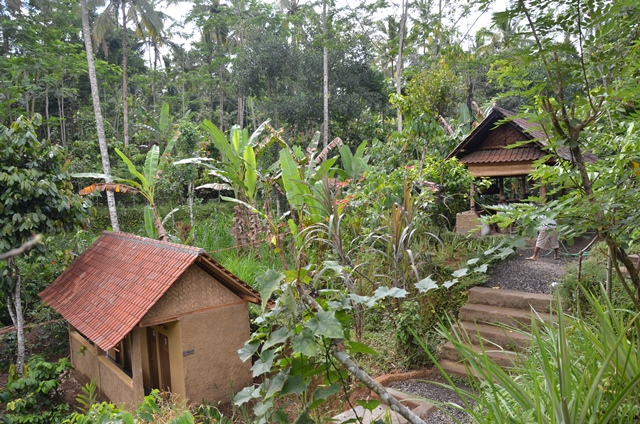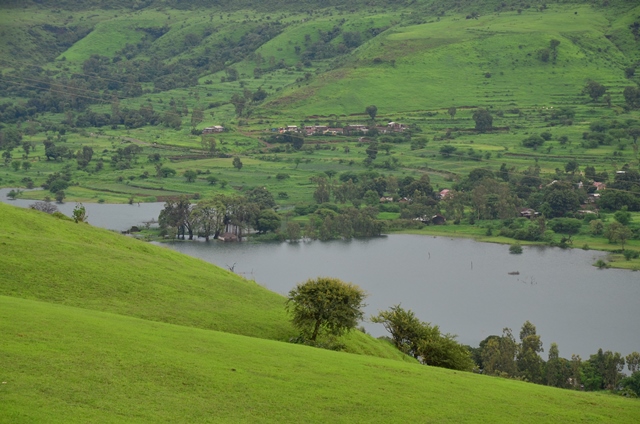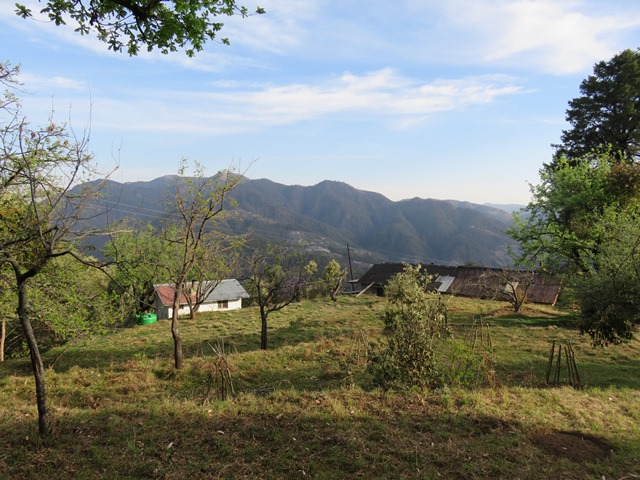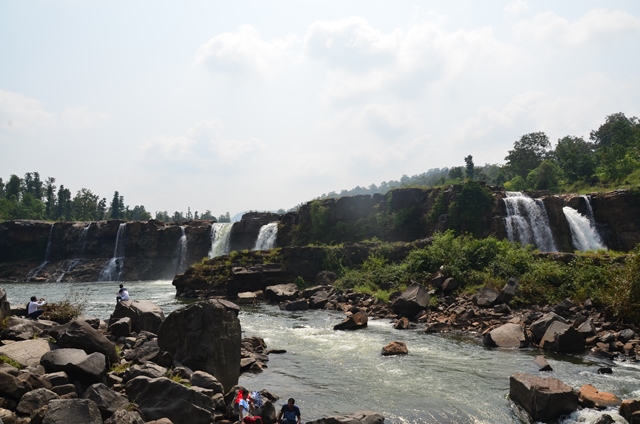Agritourism, farm tourism, and the likes have become gimmicks to mislead the unsuspecting tourists to pay money and view someone’s mediocre farm. The loot is usually shared with the driver who takes the tourists there. A driver from Kerala shared this secret with us, who said tourists who throng Munnar are often preys to this scam.
So we were skeptical of visiting one of the agritourism centres on our way back from the Mount Batur trek at Kintamani to Ubud, Bali.
Our co-passengers in the vehicle were from Canada, and they were keen to visit a farm as well as the famous rice terraces. Though not interested, we agreed to visit the farm just not to disappoint them. Rice terraces, we told, they could visit after dropping us back at our resort.

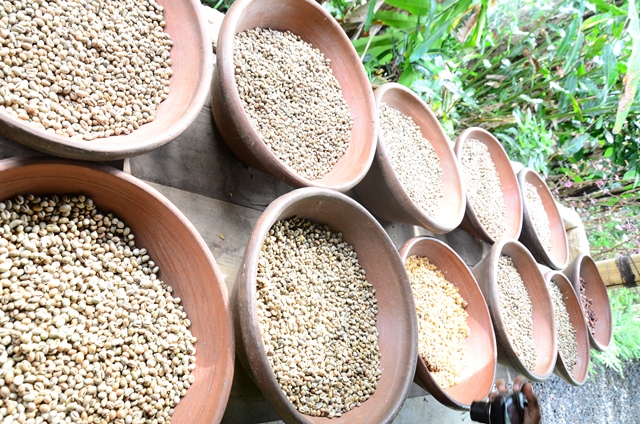
Our reluctant decision, maybe because it was to make someone else happy, turned to be a good one.
The Satria farm (Agrowisata) is nothing like the agritourism places we had visited before in India.
A short walk through a nice thriving farm with a variety of vegetables and herbs ended at a coffee-pounding area. A smiling lady explained the process, and we were offered to try our hands on pounding the coffee using the traditional stone mortar and long wooden pestle with a metal base. The Canadians found it fun to try, but having grown up in Kerala, we didn’t find it that exciting.
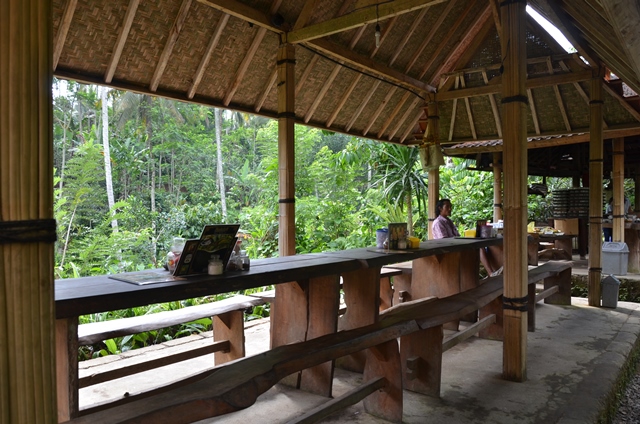

There we saw Civet coffee (kopi luwak in Basa Indonesia) for the first time. The exorbitantly priced coffee is made from the coffee beans excreted by civets. Civets, with a cat-like appearance, are small, mostly nocturnal mammals. They gorge on ripe coffee berries but can digest only the outer fleshy layer. The undigested beans come out with their excreta. Apparently, the process improves the coffee’s flavour. The beans are then collected, washed, and after removing one more layer of skin, are used to make coffee. This is then sold at a premium, i.e., around Rs 1,000–1,500 for a cup. Whoever thought of this business idea has to be appreciated.

There were civets kept in a cage. Though the cage was large, it was a disturbing sight.
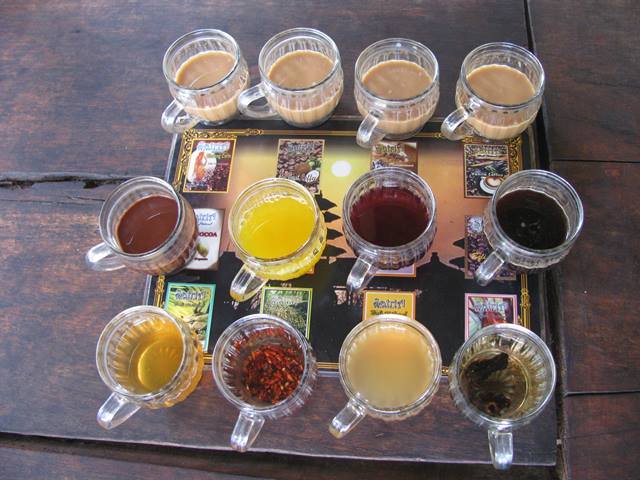
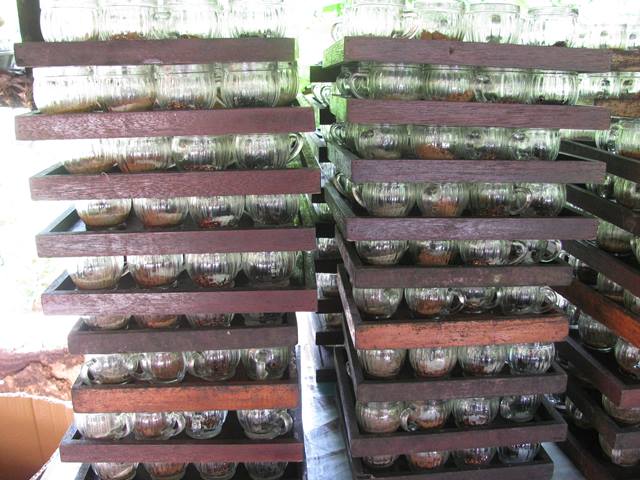

Walking further ahead, we reached the visitor’s centre. Welcoming us were 12 small cups of different teas, placed on a mat with the description of each printed on it so that we know what we were tasting. The smiling ladies in attendance were eager to explain and answer our questions.
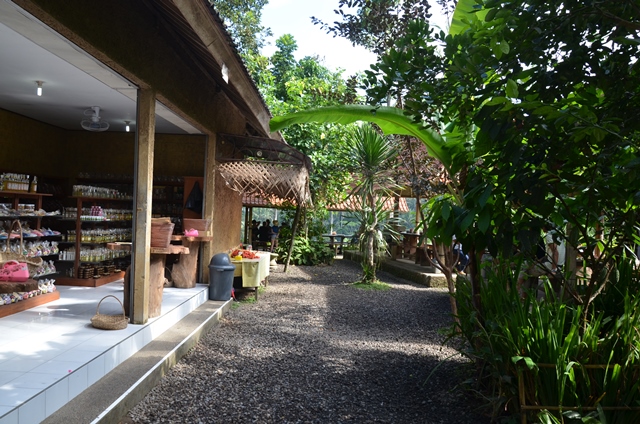
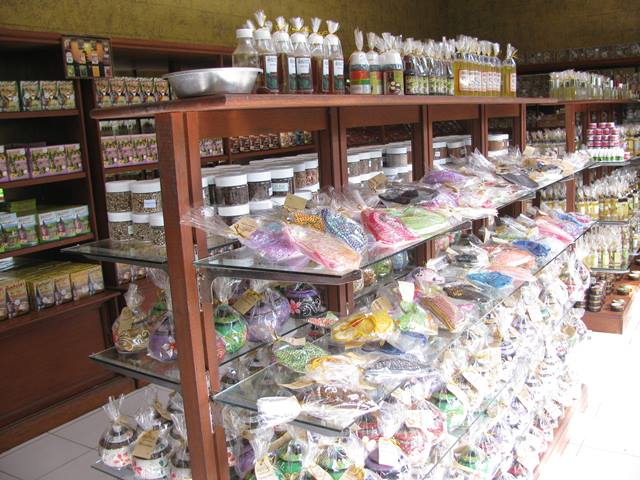
Next, we were taken to the shop, where all the teas plus several spices and other products were displayed. The packaging was so interesting and varied that we felt like picking most of them. But, better sense prevailed. We Indians need not buy cardamom, cloves, etc., from Indonesia. We stopped ourselves at buying a couple of teas and rice wine.

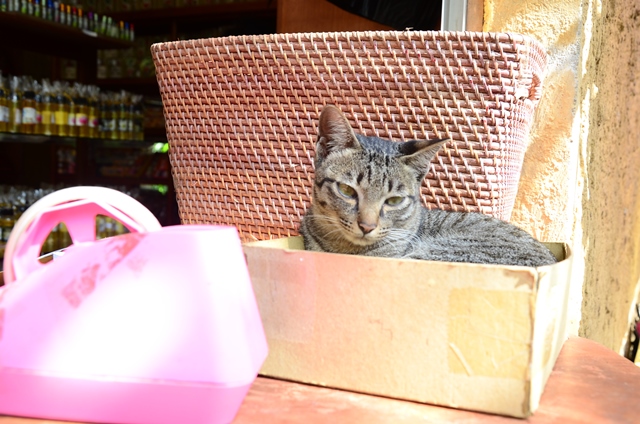
The Satria farm is a cooperative setup of farmers and the proceeds from the sale goes back to the farmers. So we thought this is an interesting business model, where farmers get their due without suffering at the hands of middlemen.
Satria Agrowisata is one among the few farms on the Ubud–Kintamani road, Bali.

